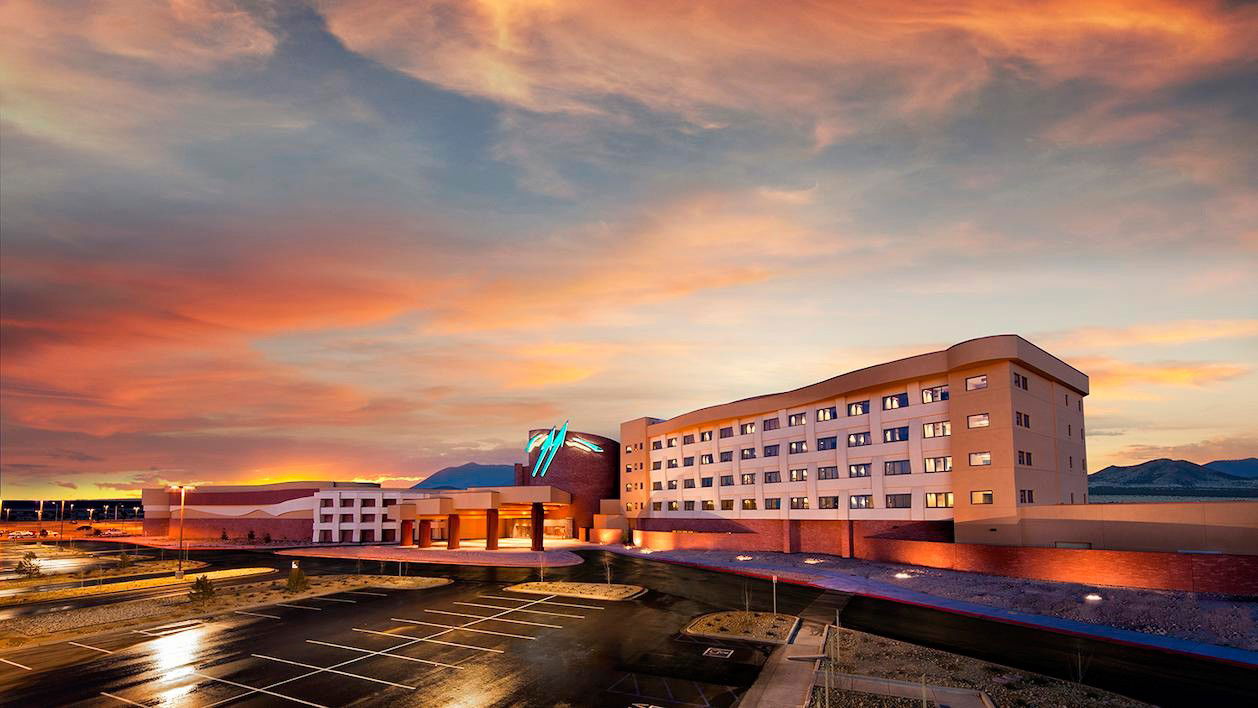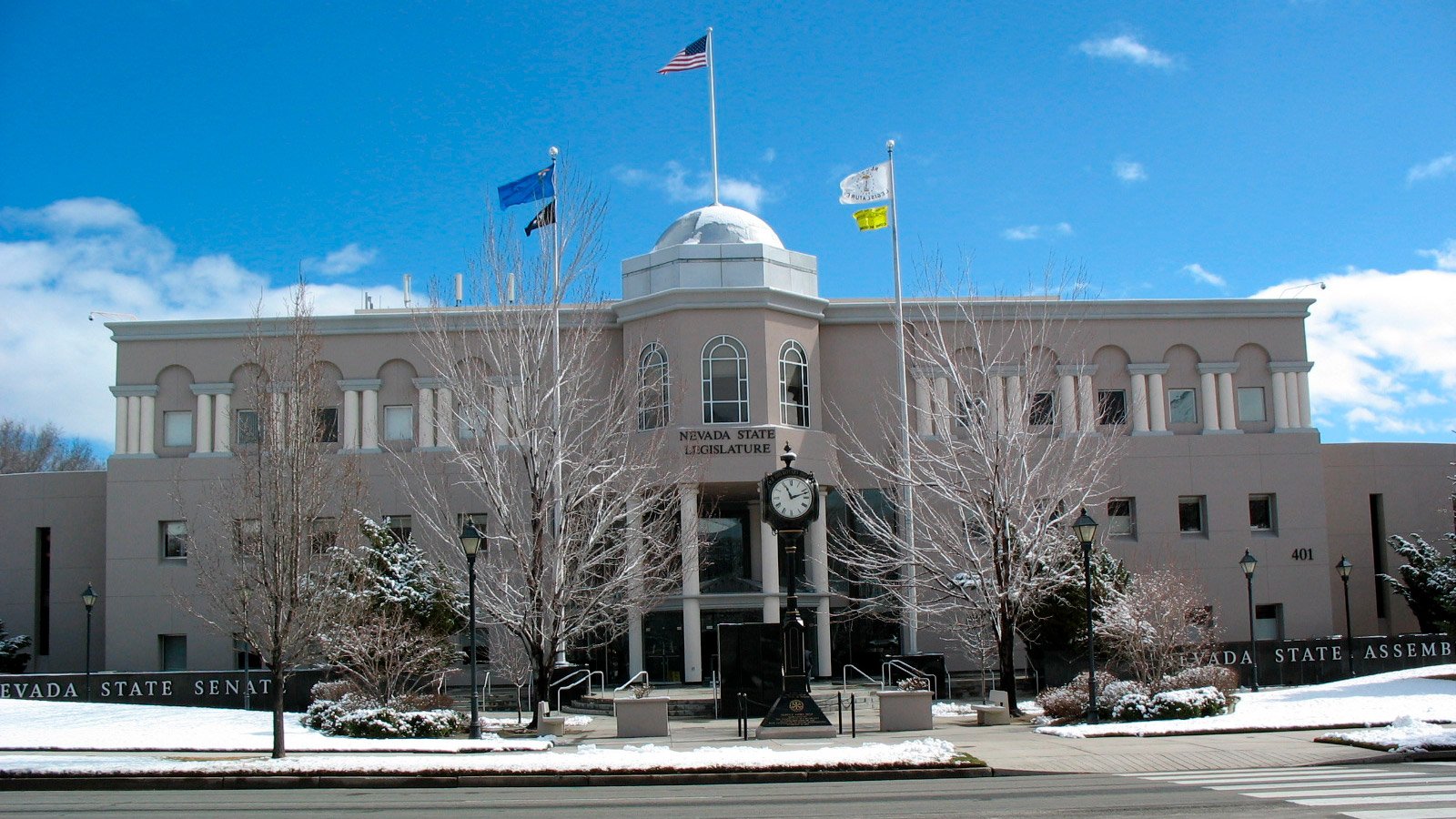The Navajo Nation is preparing to open a second casino in Flagstaff, Arizona after it secured legal rights to build a gaming hall on a 13.79-acre site northeast of the city, Flagstaff Business News reported.
The new casino will be constructed on land that once housed the Horsemen Lodge Steakhouse and the adjacent Flying Heart Stables. Situated outside Flagstaff city limits along U.S. 89, the site is approximately four miles north of Flagstaff Mall.
In November, the Navajo Nation signed a warranty deed to transfer the land to trust status, officially making it part of the Navajo Reservation.
Navajo Nation President Buu Nygren announced a partnership with the Navajo Nation Gaming Enterprise (NNGE) to develop the facility, although specifics on the timeline remain unclear.
“We know that there will be limited gaming at the property, but no decisions have been made to date on what that will look like,” Nygren told Flagstaff Business News.
The new casino, called the Lower 89 Project, is allowed to feature up to 300 gaming devices, in line with the 2021 Tribal-State Gaming Pact. The project is expected to create more than 300 construction jobs and over 100 permanent positions once completed.
Nygren cited the importance of job creation, with unemployment in the Navajo Nation nearing 50%. The casino will also generate revenue for the tribe and Arizona's tourism industry, as it will be located along a major route to the Grand Canyon, Lake Powell, and Monument Valley.
The Horsemen Lodge Steakhouse, which closed in June 2020 due to COVID-19, will also be reopened as part of the casino project.
The Arizona Department of Gaming will oversee the casino’s development and operation. Local government involvement is limited, as the land is part of the Navajo Reservation.
The Navajo Gaming Enterprise already operates the Twin Arrows Casino, located about 20 miles east of Flagstaff, as well as three casinos in New Mexico. The new Lower 89 casino will add to its network of tribal gaming facilities in the region, including the Navajo Blue Travel Plaza, which features 26 gaming devices and two sports-betting kiosks.
“Although the property is no longer regulated by Coconino County, I hope to work with the Navajo Nation Gaming Enterprise to ensure that residents are informed about the project,” said Coconino County District 4 Supervisor Judy Begay, who represents the area where the casino will be built.
The Gaming Pact encourages tribes to notify surrounding communities about major changes to their gaming facilities and to develop consultation procedures.
Nygren pointed out that the two Navajo supervisors, Begay and Lena Fowler, serve on the Coconino County Board of Supervisors, ensuring the tribe will maintain a positive relationship with Flagstaff and Coconino County.
Gaming revenue has already had a positive impact on tribal economies across Arizona, with 16 tribes and 26 casinos contributing millions to the state’s Arizona Benefits Fund.
“NNGE pays money to the state of Arizona – in lieu of taxes – of which 12% of the money goes back to the local communities where the Twin Arrows Casino is located,” Nygren said. “Coconino, Navajo and Apache counties have been recipients of these annual fund distributions since 2013."
In December, the Arizona Department of Gaming announced $42.5 million in tribal gaming contributions to the Arizona Benefits Fund for the second quarter of fiscal year 2025. These funds support educational improvements, emergency services, tourism, wildlife conservation, and problem-gambling intervention.


















































